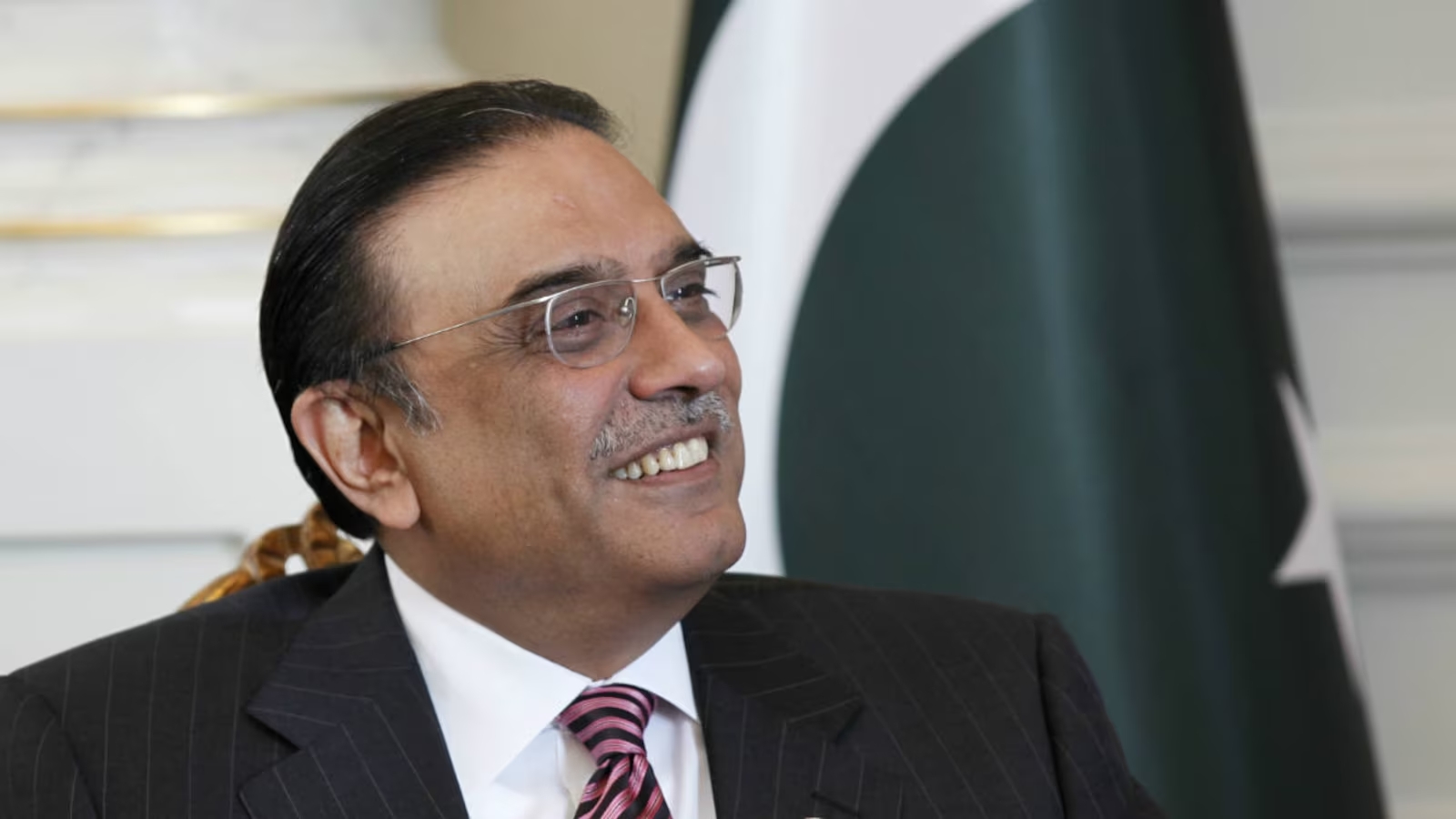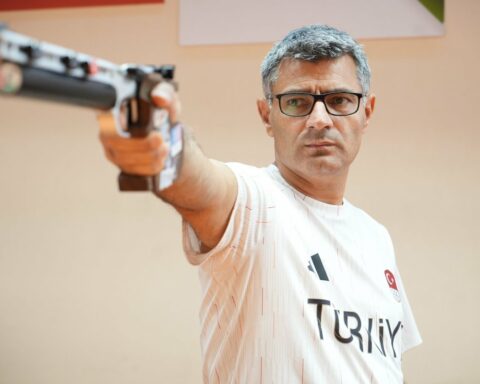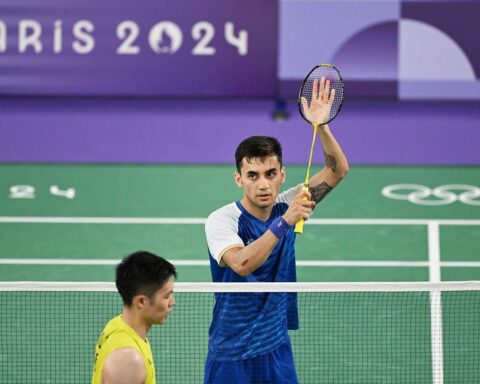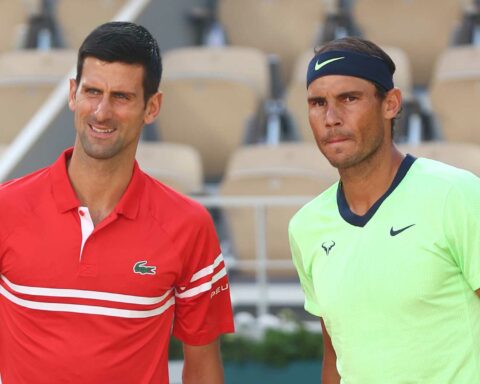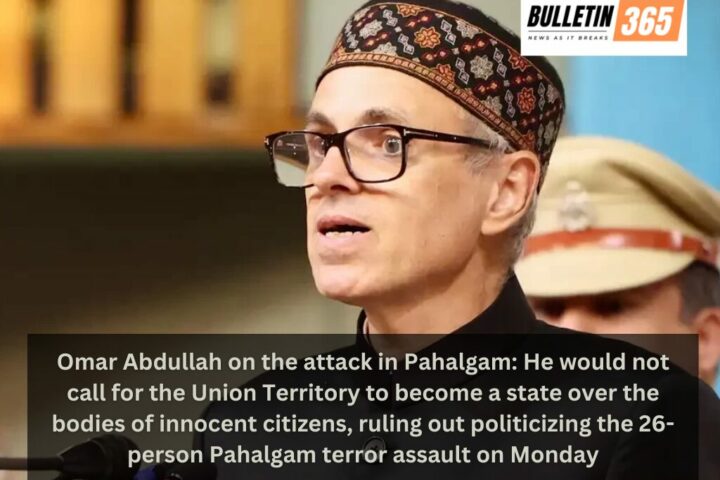On Sunday, Asif Ali Zardari was sworn in as Pakistan’s 14th President, marking his impressive return to power after being elected as the sole civilian president for a second term in a country known for frequent government overthrows.
In a formal event held at the Presidential Palace, the oath was administered by Chief Justice of Pakistan Qazi Faez Isa to Mr. Zardari, aged 68.
After completing his five-year term in September 2023, Dr Arif Alvi stepped down from his position, which was then taken up by Mr Zardari.
The Prime Minister Shehbaz Sharif, Chief of Army Staff General Asim Munir and Chairman of Joint Chiefs of Staff Committee General Sahir Shamshad Mirza, along with other high-ranking military and civilian individuals and diplomats, were present at the swearing-in ceremony.
The recently departed president, Mr Alvi, a prominent figure in the incarcerated ex-prime minister Imran Khan’s political party, the Pakistan Tehreek-e-Insaf, was also present at the inauguration event.
During the event, the presence of former prime minister Nawaz Sharif alongside Zardari’s son Bilawal Bhutto Zardari, as well as his daughters Aseefa Bhutto Zardari and Bakhtawar Bhutto Zardari, and other relatives was noted.
The re-elected president, Mr. Zardari, has received congratulations from Prime Minister Shehbaz Sharif for his second term in office.
According to Shehbaz Sharif, the Senate, National Assembly, and elected representatives from all four provincial assemblies have shown their trust in Zardari through a message. Sharif also stated that Zardari will serve as a symbol of the federation’s unity and power.
Mr. Zardari has achieved a record as the only civilian to win the presidency twice. He previously held the position of the 11th president of Pakistan from 2008 to 2013 and is among the four democratically elected presidents who have served a full constitutional term of five years.
Since August 2018, he has held a position in the National Assembly of Pakistan.
Mr Zardari, the Co-chairman of the Pakistan Peoples Party (PPP), won the election on Saturday as the joint candidate of the ruling alliance. He secured victory over Mahmood Khan Achakzai, who was supported by jailed former prime minister Imran Khan’s Pakistan Tehreek-e-Insaf and Sunni Ittehad Council (SIC), by a significant margin.
Mr. Zardari, who was born in 1955, grew up and received his education in Karachi. He was wedded to the daughter of Pakistan’s ex-prime minister, Zulfikar Ali Bhutto, the late Benazir Bhutto, who was tragically killed in December 2007.
“Kudos to the democratic community for the induction of Asif Ali Zardari as the President of the Islamic Republic of Pakistan. It is hoped that Asif Ali Zardari will utilize his authority as the President of Pakistan to ensure political, democratic, and constitutional stability of the nation, paving the way for progress and development. This announcement was made by the party via their social media platform X.”
The position of the president is primarily symbolic, and he follows the guidance of the prime minister. However, Mr Zardari is anticipated to have a more significant involvement as his PPP is a crucial member of the coalition government.
The ceremony was attended by the chief ministers of Punjab and Sindh, but the Khyber-Pakhtunkhwa chief minister, Ali Amin Gandapur, who is a member of the Pakistan Tehreek-e-Insaf party, was absent.
Coincidentally, approximately 12 years ago, Qazi Faez Isa served as the Chief Justice of the Balochistan High Court and led a Commission that spent over five months investigating the Memogate scandal. The Commission ultimately cleared Mr Zardari of any direct connection to the scandal.
Mr Zardari was successful in obtaining a total of 411 electoral votes in Parliament and all four provincial assemblies on Saturday, with the support of allied parties such as the Pakistan Muslim League-Nawaz (PML-N) and the Muttahida Qaumi Movement-Pakistan (MQM-P), while Achakzai received only 181 electoral votes.
The president is chosen by an electoral college made up of members from federal and provincial assemblies.
Following the partition in 1947, the initial president of Pakistan was Iskandar Mirza, who assumed the presidency on March 23, 1956 after the adoption of the first constitution, officially establishing the country as a republic. Prior to this, the nation was governed by governor generals who operated under the modified India Act of 1935.
According to an editorial in the Dawn newspaper, Mr Zardari’s achievement as the first civilian president to finish his term and his re-election as president have made him the first Pakistani to serve two terms in that position.
According to the editorial, his political tactics have remained relevant in the halls of power, even with the numerous sociopolitical shifts that have occurred in the country since his previous tenure as president. Undeniably, this is an impressive resurgence achieved by a savvy political strategist.
According to an editorial in The Express Tribune newspaper, both Shehbaz and Mr Zardari have resumed their previous positions and currently hold the highest positions in their political careers.
According to the comment, Mr. Zardari was originally seen as someone who lucked into the presidency. But this time, he made sure to use strategic negotiations between his PPP and the PML-N to secure his second term as president.
According to the report, Mr Zardari’s victory in the vote that included legislators from Parliament and four provincial assemblies brings hope for a new era of stability in the country.

